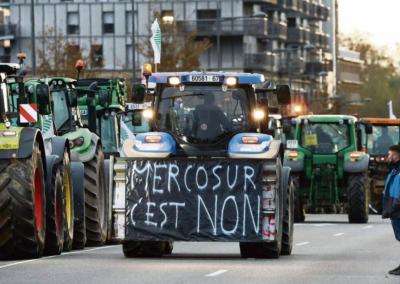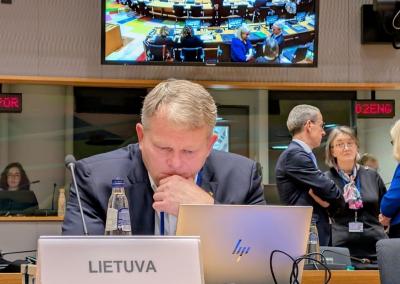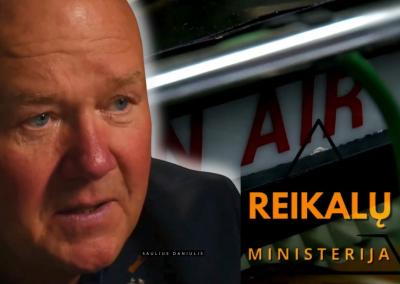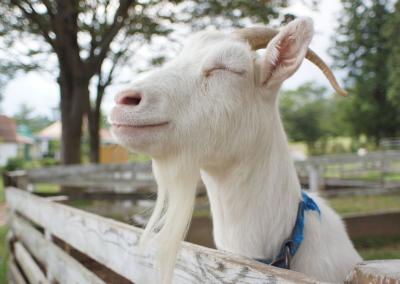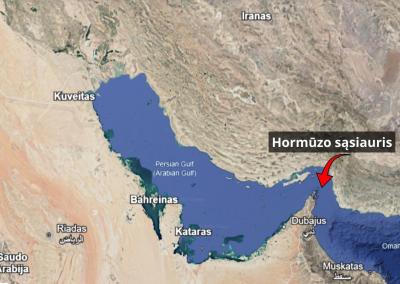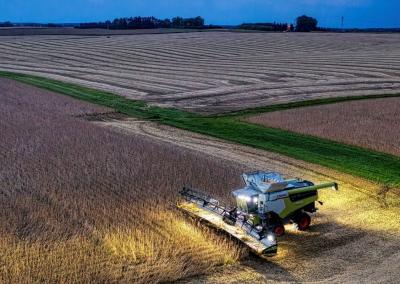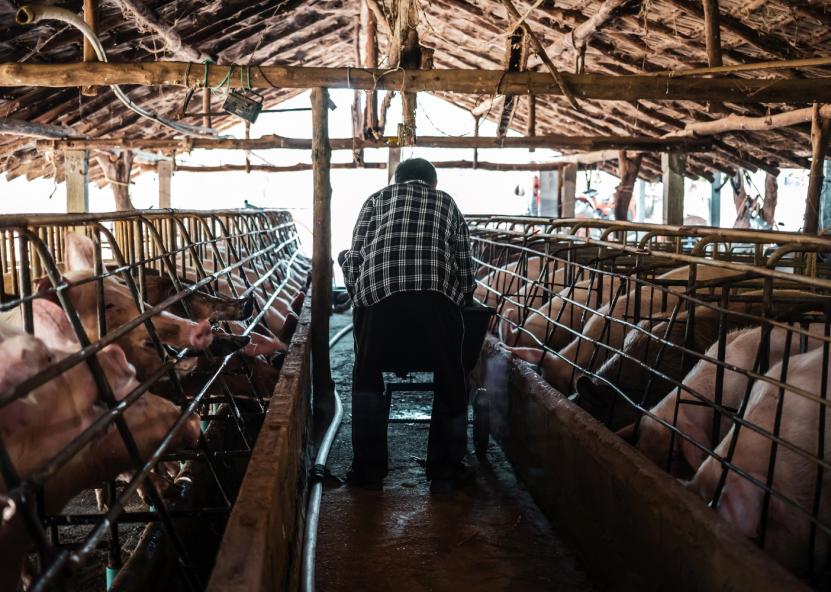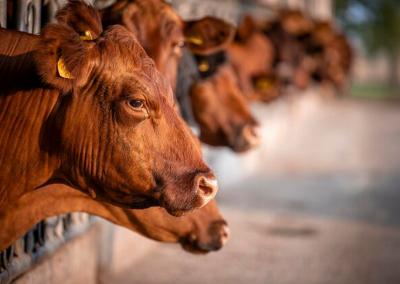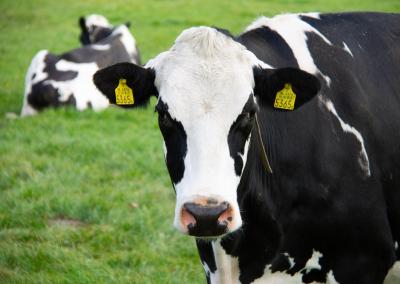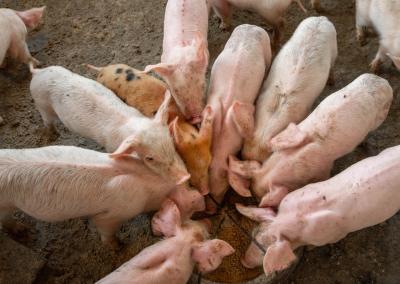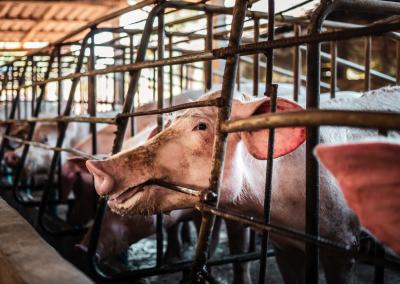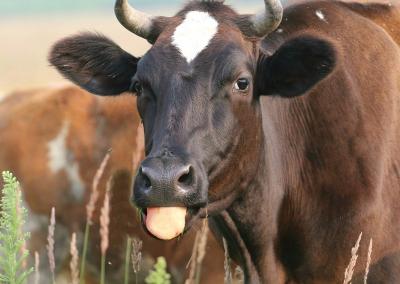Why have small pig farmers almost disappeared in Lithuania?
The retreat of small farms is not only an economic but also a cultural loss for Lithuania. Along with small farms, the slow and quiet rhythm of rural life and the culture of local produce are disappearing. Few homesteads today raise livestock. Of course, development and progress dictate their own conditions, but many people are convinced that it is political mistakes, not progress, that are destroying the spirit of the countryside.
From three pigs to empty barnsArvydas Šlivinskas, chairman of the Farmers' Union of the Vilkaviškis Region, says it used to be common for villages to have small pig farms. It was common for farmers to keep at least 3 pigs, one of which they kept for themselves and the others they sold. Today, unfortunately, such farms no longer exist.
A sad statistic shared by the Minister of Agriculture Andrius Palionis. Whereas in 2015 there were about 15,000 pig farms in the country, now there are only 3,000. The figures speak for themselves – the small pig sector has shrunk fivefold in a decade.
A. Šlivinskas is convinced that the collapse of small pig farmers is due to the excessive veterinary requirements imposed because of African swine fever (ASF).
„All small pig farms have been ruined by veterinary medicine. There were excessive requirements, such as showers, etc., because of the spread of swine fever. Small farmers could not do this. And then there were strict inspections and fines," says Šlivinskas, who stresses: "The main aim was to destroy small farmers who were selling pig carcasses in markets. It was a system that worked well – farmers, slaughterhouses, markets. Now that is no longer the case.
Acute BSE strike
While African swine fever (ASF) has indeed become a serious challenge for the whole sector, small farmers have felt its effects the hardest.
„Excessive requirements were a decisive blow. Instead of sensible biosecurity measures, showers, controls and a system of strict fines were introduced. Individual farmers simply couldn't cope," Šlivinskas believes.
ACM continues to destroy small farms. Mr Palionis is aware of cases where epidemiological investigations have revealed an outbreak of ASF following a visit to a farm by State Food and Veterinary Service (SFVS) specialists.
„It seems very strange when one case of ASF is recorded in a village and the VVS carries out an epidemiological investigation. That is to say, within a radius of about 10 km, all pig farms are visited. I mean small farms. They are checked for compliance with biosecurity measures and alerted to the presence of an ASF case. The VMVT comes out and a week later one of those farms has BACM“, – the Minister of Agriculture does not hide his surprise.
Double standards
„In 2020, Lithuania would be 50% pork self-sufficient, in 2025 – 42%. What have our big pig producers done to increase our pork self-sufficiency? I would say nothing," says Mr Palionis, throwing a big stone at the large pig producers.
The Agriculture Minister stresses that some of the large complexes are not exploiting their potential and instead of expanding their production, they are focused only on profit maximisation.
„20% of the pigs produced in our country are sent to Poland for slaughter. Why? So that our processors can pay a higher price for the remaining 80% in Lithuania. Why work more if you can make a higher profit with a smaller quantity?", asks A. Palionis rhetorically.















